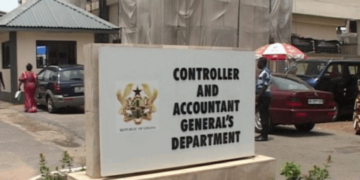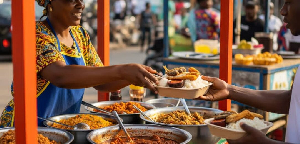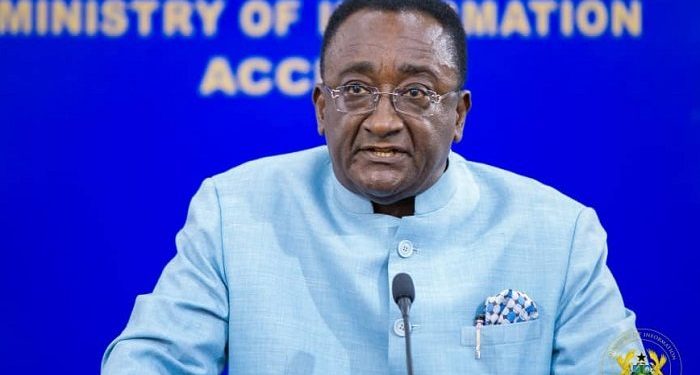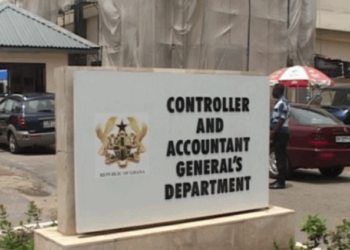The Ministry of Food and Agriculture anticipates that 2022 will be a tough year for the government’s flagship initiative, ‘Planting for Food and Jobs,’ due to projected fertilizer supply shortages.
According to the program’s Lead Director, Seth Osei Akoto, the Ministry was unable to reach the aim for fertilizer distribution in 2021.
Because Russia is a major producer of fertilizer, the present crisis between Russia and Ukraine will offer an even greater challenge.
Mr. Akoto said at the Israeli Embassy’s Soil Health Stakeholder Forum that the way out will be to depend significantly on organic fertilizer.
“We couldn’t achieve the target of volumes of fertilisers that we thought we could distribute last year. With what is happening on the international market, Russia being a country that produces lot of fertilisers, supplies will be a challenge. As a Ministry, we have anticipated based on what happened last year, instead of putting all our eggs in one basket, we’re trying to expand the organic base fertilisers,” he said.
Meanwhile, African Fertiliser and Agriculture Business Partnership (AFAP), a non-governmental organization and a consortium of commercial fertilizer businesses, says it would diversify its sourcing to satisfy the needs of Ghanaian farmers.
fertilizerCountry manager for AFAP, Nana Aisha Mohammed said “since the onset of COVID-19, we had a rude awakening to the fact that something had to be done about improving the local capacity of fertiliser production and fertilizer blending. This awakening has also been increased by the ongoing situation in Russia and Ukraine as these are big giants of fertilizer manufacturing”.
With new partnerships, come new opportunities and sourcing. We look forward to focusing on diversifying outsourcing opportunities beyond Russia and Ukraine”.
The Israeli embassy hosted a Soil Health Stakeholder Forum in partnership with the Ministry of Food and Agriculture, AFAP, and AGRA.
Shilomit Sufa, the Israeli Ambassador to Ghana, disclosed that the event is one of several programs her office is working on to help Ghana’s agriculture industry.
“Our plans going forward are in two main channels. One is the economic and commercial corporation that we want to establish here with relevant Ghanaian companies and investors. The other one is continued work of the embassy providing these corporations with necessary help,” she said.
Ayelet Levin-Karp, Head of Trade and Economic Mission at the Israeli Embassy, highlighted the forum’s goal, adding, “We see soil health as one of the important compartments of a good and strong agricultural sector.”
“We feel that this is an important thing to be discussing because there are a lot of changes going on in this market with the rise of the price of fertilizer as well as political issues affecting the supply of fertilizer. As an embassy, we feel the time has come in Ghana to educate the vital role soil plays,” she stated.
Read Also: ‘We need to digitalize football tickets to enter the stadium’ – Bawumia
SOURCE: myjoyonline
























